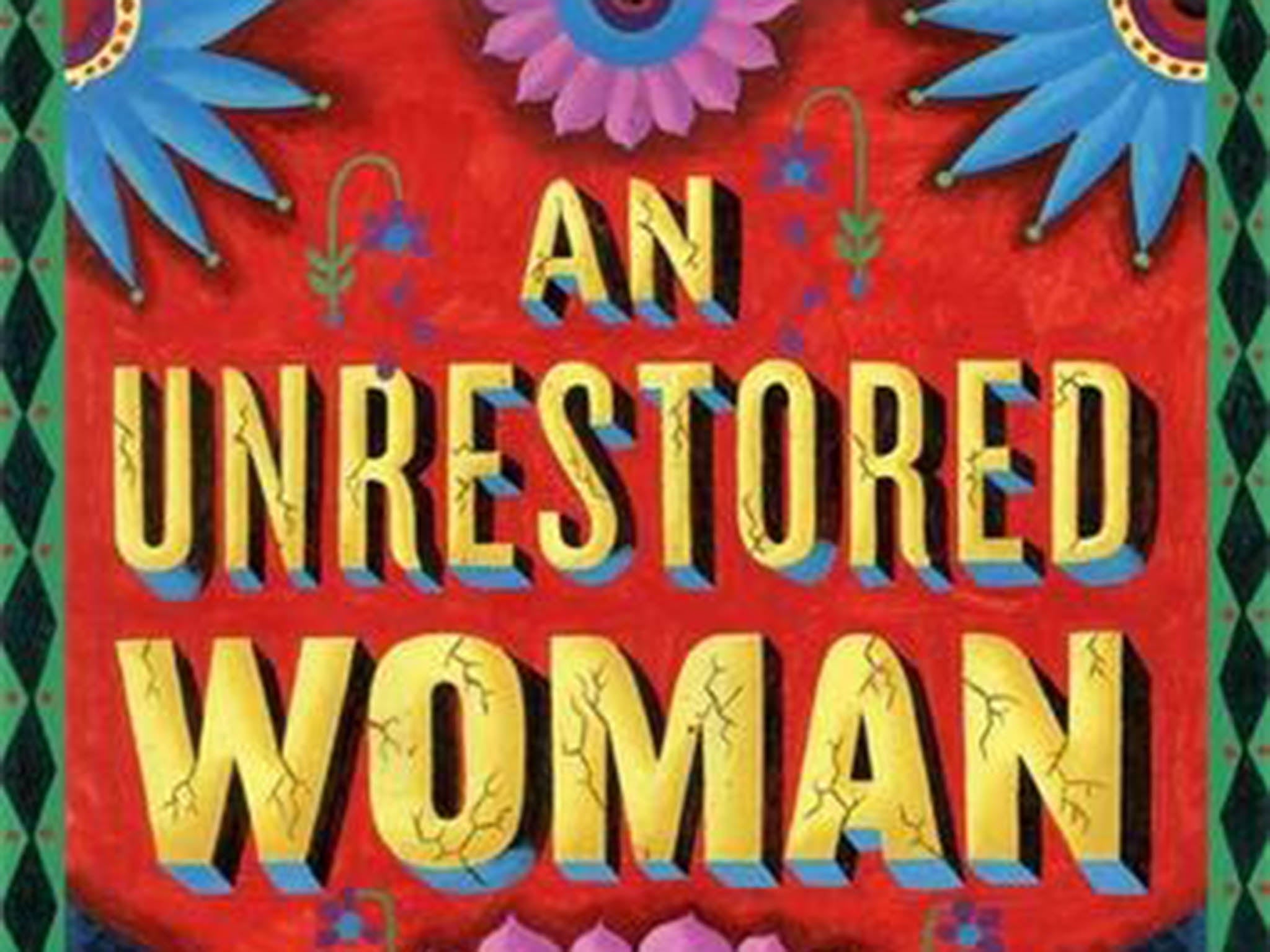An Unrestored Woman and Other Stories by Shobha Rao, book review: Vengeance and infatuation in bold short stories
Rao is on firmer ground as a realist

Your support helps us to tell the story
From reproductive rights to climate change to Big Tech, The Independent is on the ground when the story is developing. Whether it's investigating the financials of Elon Musk's pro-Trump PAC or producing our latest documentary, 'The A Word', which shines a light on the American women fighting for reproductive rights, we know how important it is to parse out the facts from the messaging.
At such a critical moment in US history, we need reporters on the ground. Your donation allows us to keep sending journalists to speak to both sides of the story.
The Independent is trusted by Americans across the entire political spectrum. And unlike many other quality news outlets, we choose not to lock Americans out of our reporting and analysis with paywalls. We believe quality journalism should be available to everyone, paid for by those who can afford it.
Your support makes all the difference.Shobha Rao’s ambitious collection of stories begins with a preface reminding us about the partition of the Indian subcontinent and the “colossal transfer of people” between the new nations of India and Pakistan. We are informed, too, about the “specific brutalities”, including kidnappings inflicted on women, and the origin of the book’s title. Abducted heroines are familiar to readers of vernacular languages, notably in the work of Amrita Pritam in Punjabi and Jamila Hashmi in Urdu; in English, Bapsi Sidhwa’s Ice Candy Man (1988) comes to mind.
“A Lost Ribbon”, the story of a Hindu woman who, when “recovered” from her Pakistani captor, chooses to kill her child rather than leave her behind, evokes a sense of déjà vu. But readers expecting these stories, occasionally and tenuously linked by recurring characters, to echo the documentary tone of Rao’s prefatory note, will be surprised by their geographic, temporal and generic range. The title story reworks the trope of the recovered woman: Neela is “returned” to her ostensibly dead husband after a passionate affair with Renu, a woman in a refugee camp. But its sequel, in which Renu becomes “The Merchant’s Mistress”, superimposes lush Gothic fantasy – murder, burial, escape in men’s clothing, assumed cross-gender identity – on the bleak trajectories of partition fiction. Exotic overload, which contrasts with Rao’s cool prose, is even more evident in “Blindfold”, the story of a brothel madam who haunts the mean streets of Peshawar after her favourite whore attacks her and leaves her half-dead.
Halfway through it becomes evident that Rao’s real concern is with violence and vengeance, rather than history. In “The Memsahib”, a sweeper confesses his love for his employer, and reveals her husband’s dalliances with her brother. Lavinia is dismissive and derisive; Arun returns to truss her up her in one of the weirdest (and least effective) revenge scenes in the book; the story then dissolves in its own excesses.
Rao is on firmer ground as a realist. “Unleashed” conveys the anxiety of a modern Indian-US teen, saved by Jenkins, a character from another story; its prequel, an account of Jenkins’s infatuation with a policeman in Rawalpindi during the partition riots, is one of the collection’s most assured stories. And in the closing piece, Safia, the protagonist, reflects on what may be the book’s final message: “We leave the places we’re born, the places we’re meant to die, and we wander into the world as defenceless as children… how long the journey, she thought. How far away that abode of peace.”
Order for £12.99 (free p&p) from the Independent Bookshop: 08430 600 030
Join our commenting forum
Join thought-provoking conversations, follow other Independent readers and see their replies
Comments